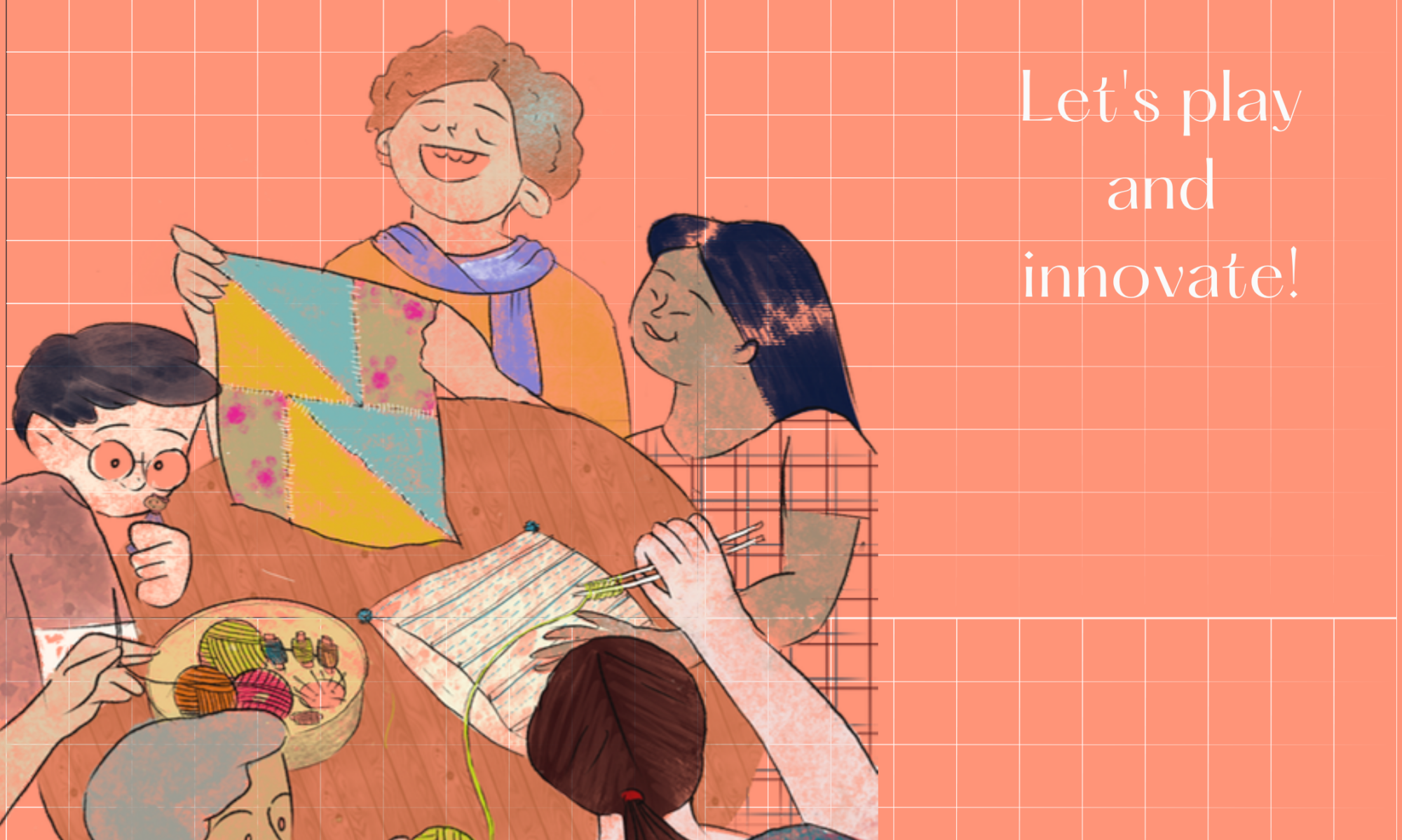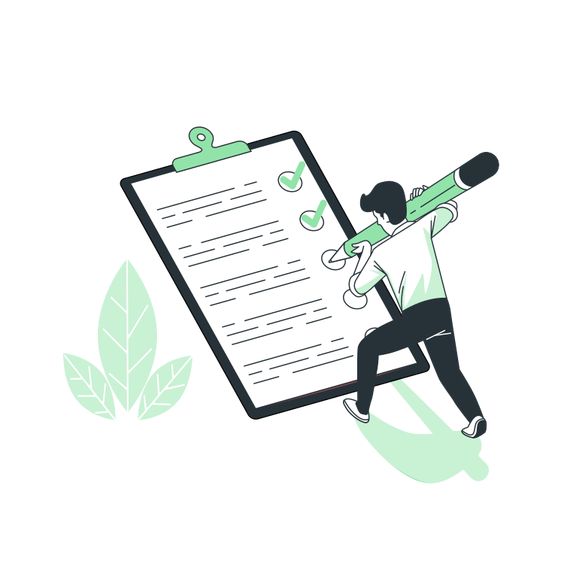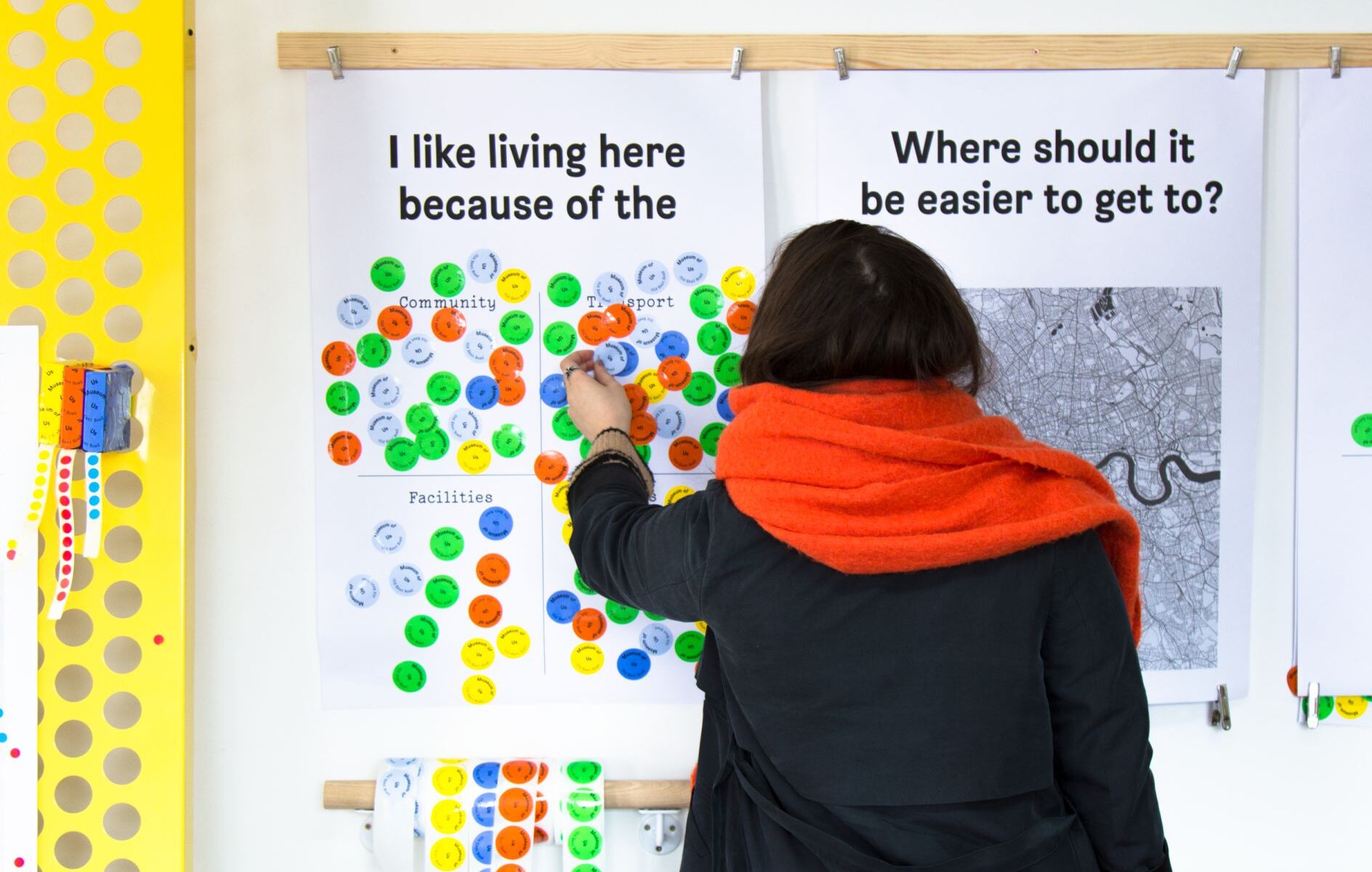Defining Playfulness for the ISG
For the past few days, I’ve found myself wrestling with writer’s block. As someone deeply attuned to my surroundings and emotions, this creative slump left me feeling stagnant and uninspired. Recognizing the importance of inspiration in my work, I made a conscious effort to seek it out. Packing my bag, I headed to the Main Library and immersed myself in its collections and archives at the University of Edinburgh. An hour spent surrounded by the rich tapestry of cultures, histories, and artifacts served as a potent reminder of the profound connection between exploration and professional well-being.
In the creation of ISG’s Playful Engagement strategy back in 2019, six key themes were identified. These themes were not imposed from the top-down but emerged organically from informal observations of how activities were being carried out within ISG. The strategy aimed to foster creativity and expand upon existing methodologies by inspiring every member of ISG. It sought to create and endorse various opportunities tailored to the ISG community’s needs. Let’s delve into each of the six themes.
Digital Technologies:
ISG encourages staff to utilize digital technologies in creative and experimental ways. Whether it’s university-subscribed tools or open-source platforms, ISG supports innovative approaches to work. Resources like Catchbox throwable microphones and Wooclap online voting tool enhance meeting engagement. The university regularly updates its subscriptions to ensure staff have access to the latest tools and technologies. Additionally, initiatives like the DIY Film School and flexible IT spaces at Argyle House Floor E provide opportunities for staff to explore digital creativity.
Changes to Digital Skills platforms like Lynda.com, now LinkedIn Learning, have also happened in the recent years. Our 23 things for Digital Knowledge have gained popularity, offering 23 bite-sized trainings. Additionally, initiatives like the Nudge program aim to make online training more accessible and engaging.
Libraries, Museums, Galleries, and Collections:
The University of Edinburgh boasts world-class Libraries, Museums, Galleries, and Collections facilities, housing a treasure trove of artifacts and historical documents. With the transition to hybrid work post-pandemic, efforts have been made to digitize collections for remote access. Art trails, podcasts, and exhibitions like ‘Time Traveller: Charles Lyell at Work’ offer immersive experiences both physically and virtually. The library has always attempted to create meaningful playful engagements through technological usage. While no longer in use, the Google lens along with Bluetooth Beacon technology, back in 2015, had provided an immersive experience of the exhibits. Initiatives like Metadata games make digitized collections more accessible and engaging through playful interactions.
Communities of Practice (CoP):
ISG fosters a diverse community of interest-based groups, promoting a sense of belonging and collaboration. From the ISG Bakers to the Ada Lovelace Day event celebrating women in STEM, there are numerous opportunities for staff to connect and engage with like-minded colleagues. Open.Ed, the open educational resource, fosters an informal community of open education enthusiasts at the University of Edinburgh. The university hosts a vibrant community of Wikimedians who enrich Wikipedia and its associated Wikimedia platforms through active participation in editathons.
Reflection, Development, and Innovation:
Reflection is essential for fostering creativity and innovation. ISG provides opportunities for staff to participate in internships, professional certifications, and courses to expand their skills and knowledge. Spaces like the uCreate makerspace at the Main Library offer hands-on experiences with cutting-edge technology. The academic blogging service allows staff to share their experiences and research, fostering a culture of reflection and learning.
Exploration and Innovation:
“The very essence of playfulness is an openness to anything that may happen, the feeling that whatever happens, it’s okay… you’re either free to play, or you’re not.”
– John Cleese
ISG’s Innovation Programme provides a safe space for exploring new ideas and embracing failure as part of the innovation process. Started in 2015, this initiative funds projects that drive innovation within ISG. As we navigate the post-pandemic landscape, the Innovation Programme will evolve to meet the changing needs of the community.
Work-Life Balance:
The Healthy Working Lives initiative promotes employee well-being through various activities and initiatives. From discounted gym memberships to sports engagements and yoga classes, ISG supports a healthy work-life balance. Flexible working hours, shared parental leave, and hybrid work options ensure staff have the flexibility to explore their playful sides outside of work.
Our journey towards playful engagement is an ongoing one, and we welcome feedback, suggestions, and collaboration from all quarters. We believe that by continuously evolving and refining our approach, we can create an environment where creativity thrives, and individuals are empowered to reach their full potential.
As we look to the future, we remain committed to fostering a culture of playfulness, curiosity, and innovation within ISG and beyond. Together, we can redefine the boundaries of what’s possible and create a brighter future for higher education.
As we reflect on ISG’s journey and look to the future, it’s crucial to continually update and improve our Playful Engagement strategy. We’re currently surveying managers across ISG to gather feedback and insights. We encourage staff to contribute their ideas for playful engagement within their teams and directorates. Together, we can cultivate a culture of creativity, collaboration, and playfulness within ISG, enriching the experiences of all who work here.
Work, Play and Create: Busting Myths and Co-designing the future of playfulness at the ISG
As I step into the office on these brisk winter mornings, I can’t help but notice the unique ways in which my colleagues at ISG infuse a sense of playfulness into our daily routines. Amidst the routine tasks and deadlines, there’s a delightful undercurrent of creativity and joy that permeates the workspace. From sharing baking tips and homemade treats to doodling on post-it notes, everyone finds their own way to inject a bit of fun into even the most ordinary Wednesdays. Some opt for leisurely strolls peppered with humorous anecdotes, while others prefer to unwind with meditative podcasts at their desks. It’s evident that within each person I encounter, there exists a spark of playfulness that adds vibrancy to our workplace culture.
For adults, embracing playfulness means engaging in spontaneous, lighthearted activities that evoke a sense of joy and curiosity reminiscent of childhood. Despite the demands and responsibilities of adulthood, integrating playfulness into our lives fosters creativity and resilience. It takes various forms, from recreational pursuits to playful interactions with colleagues, all grounded in a flexible and open-minded approach to daily challenges.
However, despite the benefits, there still lingers a societal taboo surrounding playfulness in adulthood, particularly within professional settings. Traditional work environments often prioritize efficiency and productivity above all else, leaving little room for playful exploration. Yet, my experience at ISG has challenged this notion, showcasing how a modern workplace can foster creativity and innovation while prioritizing employee well-being.
The Playful Engagement Strategy implemented by ISG not only enhances productivity but also cultivates a culture of care and empathy. Research suggests that incorporating playfulness into the workday can alleviate stress and promote problem-solving skills, making it particularly relevant in the context of higher education. By reframing educational resources as tools for creativity and innovation, ISG encourages a fresh perspective on work within the academic sphere.
Despite the undeniable benefits, introducing playfulness into the workplace isn’t without its challenges. Many employees, myself included, have grappled with feelings of guilt when indulging in leisure-like activities during work hours. If I am swaying into avocation, at my workplace, in order to balance off the monotony, there looms a sense of delinquency. So, to say, I have never really worked in traditionalist work spaces, even before coming to the ISG. I have done ethnographic fieldwork with artisans in India, engaged with User-Experience (UX) writing for various brands and indulged into design-oriented studio spaces in the fashion scape. Reflecting back, i suppose this guilt stems from a lack of understanding of the transformative power of creative play and the loose trust in subaltern procedures. Not to forget that effective leadership that encourages experimentation without being overburdened by the risks of failure, plays a central role in ensuring an enjoyable work stream.
Ultimately, the success of initiatives like the Playful Engagement Strategy hinges on temporal acceptance and adaptation by employees. As we navigate the post-pandemic landscape, it’s crucial to reassess and evolve these strategies to meet the changing needs of our workforce. Through ongoing reflection and co-design, we can ensure that the spirit of playfulness continues to thrive within ISG, enriching the lives of all who work here.
In an initial study, we plan to distribute a survey to section, service, and team managers within the ISG, examining the opportunities and obstacles related to playful and creative engagement. Through this survey, we aim to gain insight into how different directorates within the ISG have been incorporating and recognizing playful engagements within their distinct work structures. Additionally, we seek to explore avenues for enhancing our strategy by leveraging identified opportunities and collaboratively developing solutions to overcome existing barriers.
This process has been extremely enriching for me. Positioning myself in this research process means witnessing how human-centric design and participatory research can bring forward positive changes in the lives of people. It is significant in my journey as an MA student of Design for Change, as it pushes me to re-evaluate the boundaries of theory placed alongside extensive personal experiences. With the trust embedded in me by my managers, Charlie Farley and Lorna Campbell, I feel empowered to challenge norms, innovate and experiment through this research process. Eventually, I hope to see the spirit of playfulness radiate from the process itself, slowly channelling into the lives of the wonderful colleagues I have come across at the ISG.
REFERENCES:
Lubbers, K., Cadwallader, J., Lin, Q., Clifford, C. & Frazier, L. D., (2023) “Adult Play and Playfulness: A Qualitative Exploration of its Meanings and Importance”, The Journal of Play in Adulthood 5(2), 1-19. doi: https://doi.org/10.5920/jpa.1258



